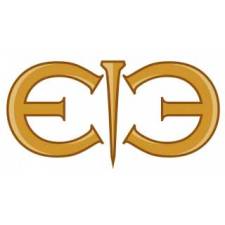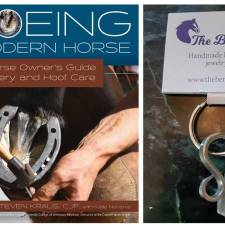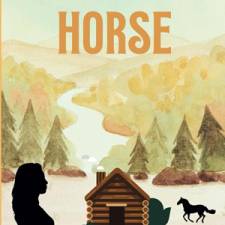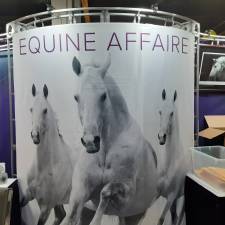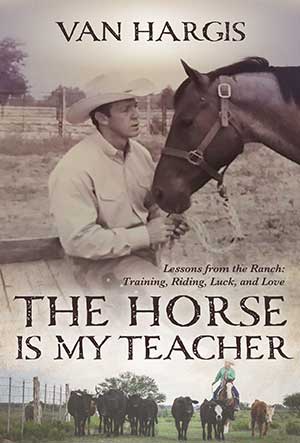
By Van Hargis
Some of the most successful people I’ve met are the Henry Fords of the world. For a particular project in college, I studied Henry Ford, who is credited with the concept of the mass production of automobiles. Now, Henry Ford was not known as a “book smart” guy. He was very brilliant in understanding mechanics, engineering, and processes, even though his only formal education was in bookkeeping. However, when Ford was releasing a new product or making corporate changes or whatever the case may be, he would hold press conferences. Snide reporters would occasionally poke fun at Mr. Ford by asking questions to which they figured he probably wouldn’t know the answers. One day he put a stop to that practice when he said to one such rude reporter, “Young man, I don’t know the answer to that question, but I have over one hundred people that work for me that do. Next question.”
In my humble opinion, this was a brilliant response from Mr. Ford. It said that he was done with responding to petty, irrelevant questions. Most importantly it said that he understood the purpose of roles. It was not his role to know everything. He trusted others in his company to know things. Mr. Ford was smart enough to know his job and allow other people to do their jobs. Together they formed a stronger team. Of course, as the leader of the company he is ultimately accountable and responsible for every employee’s actions, failures, and successes. Leaders must have great commitment while also having great trust in those around them.
The same can be applied to horsemanship. In order for me to be a good horseman, I must know I can’t do the horse’s job. I’ve only got two legs. There’s no way for me to move around nearly as well, with as much strength and athleticism, as a horse can. I could never pull a plow as well or as efficiently as a horse. I could not carry a passenger as easily as a horse. I could not cut a cow from a herd as effectively as a horse. I could not go over the jumps that horses do. I could not run the races that horses run. These things and countless others are strengths of the horse. God blessed horses with size, speed, strength, stamina, and the intelligence to be trained.
So, what strengths do we have? Among many more, one of our best strengths is the ability to think and use logic, which we do much better than the horse. I frequently say that God blessed horses with a brain the size of our fist, but God blessed humans with a brain the size of both our fists. What that tells me is maybe we can use our strengths to teach the horse to use his strengths—and together we can achieve remarkable things as a team. To do so takes trust, courage, discipline, self-confidence, and faith.
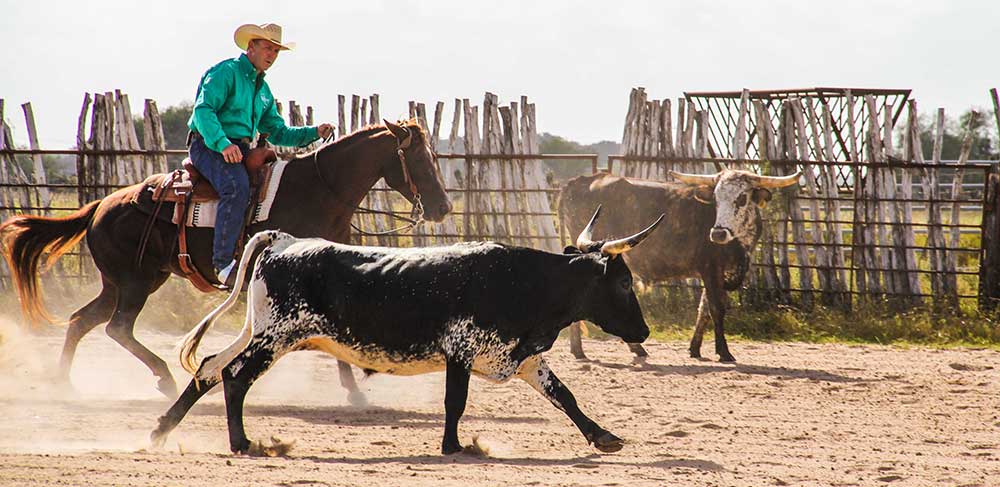
It seems that my job for a couple of decades has been to help people discover or advance their leadership and communication skills by helping them use skills they already have or develop those they do not. When leadership, communication, trust, courage, self-discipline, and faith are present, and they hear me say to them, Let your horse go, they should have the confidence to let their horse go and dare the horse to be good. The sometimes not-so-simple act of letting go and giving those around us the opportunity to do something well is a step in developing trust in oneself, others, and one’s program or process. Learn to develop that trust by strengthening your personal skills to the point where you have confidence in others. Where they are weak, help them be strong. Where you are weak, work to improve.
Back in my competitive days, I developed a strong winning reputation by going to some challenging events—for example, ranch horse versatility, which consists of four classes: ranch trail, ranch riding, working ranch horse, and ranch cutting. There are several components within each of the four individual classes, and a competitor is scored on each component or maneuver. The winner of the overall versatility competition is the individual with the highest cumulative average. Anyway, I was going to a lot of those competitions around the country and consistently finishing in the top three at each event. People asked how I did it. The remarkable thing was, at times, the horses my competition was riding had two, sometimes three more years of training than the horses I was competing on.
So how did I do it?
I was very fortunate as a freshman to be part of the Austin College football team that won a national championship, and then two years later, to be on the Lone Star Conference championship football team at East Texas State University (now Texas A&M-Commerce). Being part of multiple championship teams, I began to realize that success wasn’t about having the most talent, but that we played the best as a unit consistently over time. Strengths and weaknesses were constantly being evaluated. Practices were focused on being honest about those strengths and weaknesses and how they pertained to each player, each position, each play. The most successful were those who made the necessary changes and increased their strengths.
How does this relate to horse show competitions? Well, the team was me and the horse. I couldn’t do the horse’s role, and he couldn’t do my role, which meant we had to learn to trust each other. This also meant we had to be keenly aware of and honest about each other’s strengths and weaknesses. As the leader, I had to determine what my horse’s strengths were, prepare him well, and dare him to be good. I also had to be keenly aware of and honest about where the horse’s weaknesses were, and during the course of a competition, protect those weaknesses, rather than expose them.
The other side of the coin was, as part of the team, I had to be honest with myself about my strengths and weaknesses in regard to the competition. On “game day,” so to speak, what could I do to accentuate our strengths to get the best possible scores? Meanwhile what could be done to survive our weaknesses, protect the scores, and not get penalties? Our success was based on knowing our strengths and weaknesses, and daring my horse to be good.
Of course, I don’t mean “daring” like “taunting.” I mean giving the horse the opportunity to do well with preparation and then allowing him to be good in the moment. The results are unbelievably rewarding. The results may also be very telling. They tell us what we need to go back and work on.
This excerpt from The Horse Is My Teacher by Van Hargis is reprinted with permission from Trafalgar Square Books - (www.HorseandRiderBooks.com) .
There are so many incredible authors in our section on Books! Take a look.








